S&T Helps Unified Command Manage Airspace During Key Bridge Recovery and Repair Operations.
During a recent boat tour of the recovery efforts for the Francis Scott Key Bridge in Maryland, I was struck by how critical the work is that we do to support our nation’s infrastructure. This visit came two months after its collapse following a collision with a container ship. If there was no greater lesson on the significance of this mission, we saw the extent of risk involved when infrastructure fails. Six lives were tragically lost. And the cost in dollars will ultimately reach up to the billions, stemming from cleanup and repair operations, as well as the economic losses due to the temporary closing of vital shipping lanes.
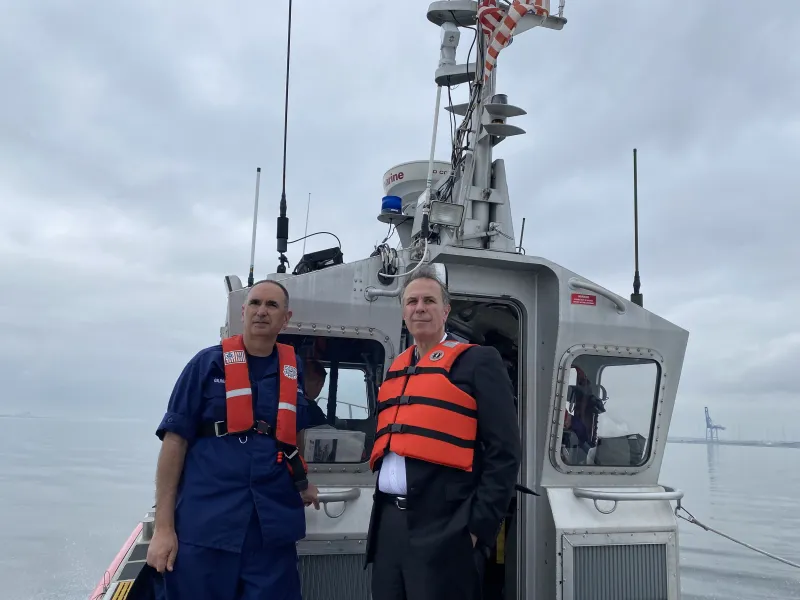
So, where does S&T support when disasters like this strike? We work tirelessly to foster development of new technologies that can aid, not just with prevention of disaster but also efficiency in response. To this end, we were at the ready to support Unified Command when they identified a technology need during response operations. The photos shown here, which we took during the tour, help demonstrate the visibility challenges at hand.
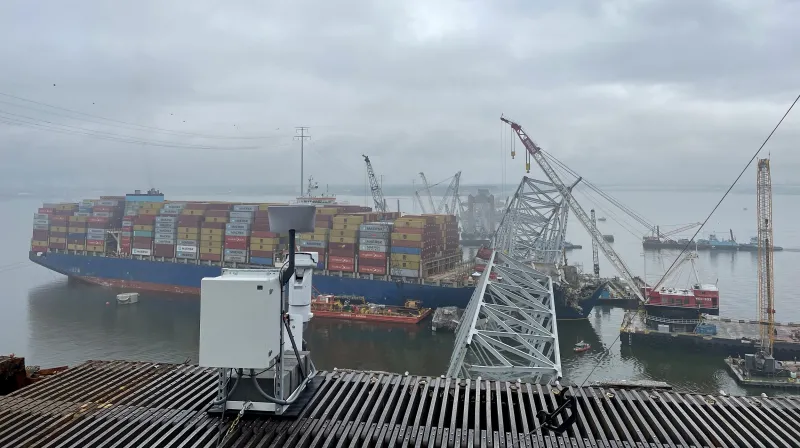
During the response, Unified Command faced challenges relating to counter-unmanned aircraft systems (C-UAS) equipment. S&T provided a radar system procured by S&T to help augment their response and capabilities at the incident site. S&T supported Unified Command through initial set up, calibration, and provided on-site training of the radar system. This recently acquired radar technology enabled operational assessment by the on-site team in a real-world environment. The information gathered from this assessment will help S&T finalize their testing of the technology and help integrate the system across all Department of Homeland Security (DHS) components.
Additionally, Unified Command faced a challenge communicating with C-UAS equipment positioned on the opposite side of the bridge and needed a technical solution to close the gap of this blind spot and secure the airspace around the incident site. S&T’s Office of Mission and Capability Support (MCS) identified and implemented a low-cost, commercial, off-the-shelf solution that availed remote sensors for Unified Command to monitor under all weather conditions.
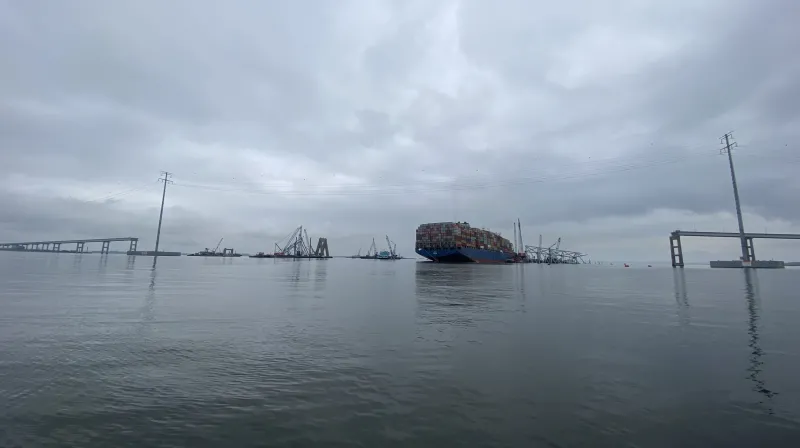
The amount of media attention on the event and the proximity to a highly populated region made it an area of high interest for amateur drone operators. While there was no indication of anyone with nefarious intent, UAS monitoring of the site—even from innocent, yet curious onlookers—had the potential to hamper recovery and response operations. To this end, S&T was able to react quickly and provide a simple solution that helped create a more secure environment for Unified Command to complete its mission.
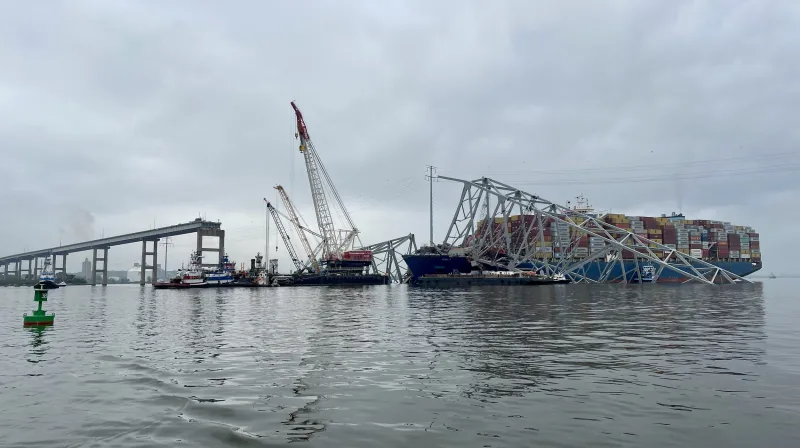
The S&T C-UAS program aims to advise DHS components on the performance and capabilities of state-of-the-art technology solutions in the C-UAS space. This includes identifying, integrating, and testing technologies that offer quick reaction capability against urgent needs and working with federal, state, local, tribal and territorial agencies and organizations to understand the threat and possible response options.
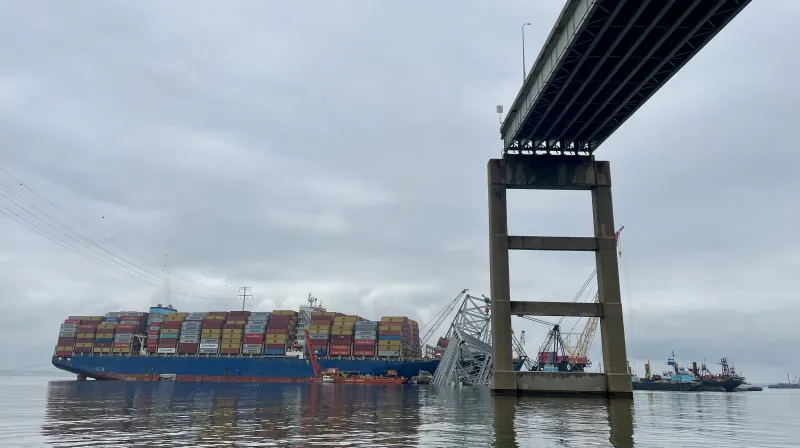
Getting to tour the Baltimore Harbor, assess the damage, and talk with the U.S. Coast Guard (USCG), I was able to see firsthand interagency coordination in action, the deft handling of such a tragedy by our USCG partners, and the value S&T can bring to help in times of crisis. S&T was honored to support the USCG leadership and their teams including Captain David O'Connell, Sector Commander of Maryland-National Capital Region and incident commander for this event, and Rear Admiral Shannon Gilreath, Commander of Coast Guard 5th District responsible for the Mid-Atlantic Region of the eastern seaboard.

